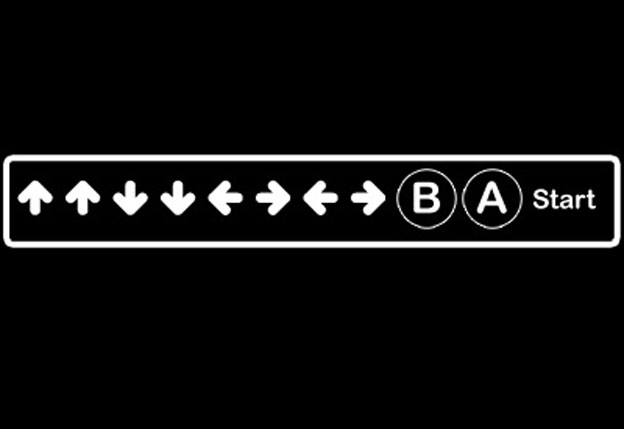I'm surprised this isn't already a topic of discussion, given the ramifications. Seems to me there was a discussion here in the not-too-distant past about another manufacturer who did something not unlike VW, wherein the code was specifically written to minimize emissions under certain parameters that matched those of the emission testing cycle. In thinking about that previous example (without actually bothering to search for it and re-read it because I'm remarkably lazy), it's not that much different at all. It's gaming the system, with the possible exception that VW's code appears to be very specific to being on a set of rollers.
I doubt very much that we'll see an $18 billion fine, but I really can't think of a more fitting circumstance under which the maximum fine is applicable. This isn't some ma-and-pa shop selling onesie-twosie out the back door, but a massive, global, multi-branded manufacturer very, very flagrantly and deliberately violating the regulations, not to mention deceiving their customers. What we'll end up seeing, I suspect, is the same thing that happened in the financial meltdown: VW is too big to fail, and that the side-effects of the maximum fine would outweigh the deterrent / punishment. They'll get a substantial (by $ value, but not relative value) fine, people will be fired, a codemonkey somewhere in the depths of VW will be publicly hanged, drawn and quartered (in the metaphorical sense of course) or found stuffed in a small, locked-from-the-outside duffel bag with the keys inside wherein the court will determine it death-by-misadventure like the Clinton email hacker.
So the question then is, if we can't actually punish a corporation for such an in-your-face / *FU* action, what teeth do the rules have? What becomes of the deterrent factor if, at the end of the day, the profit from violation outweighs the financial punishment?























